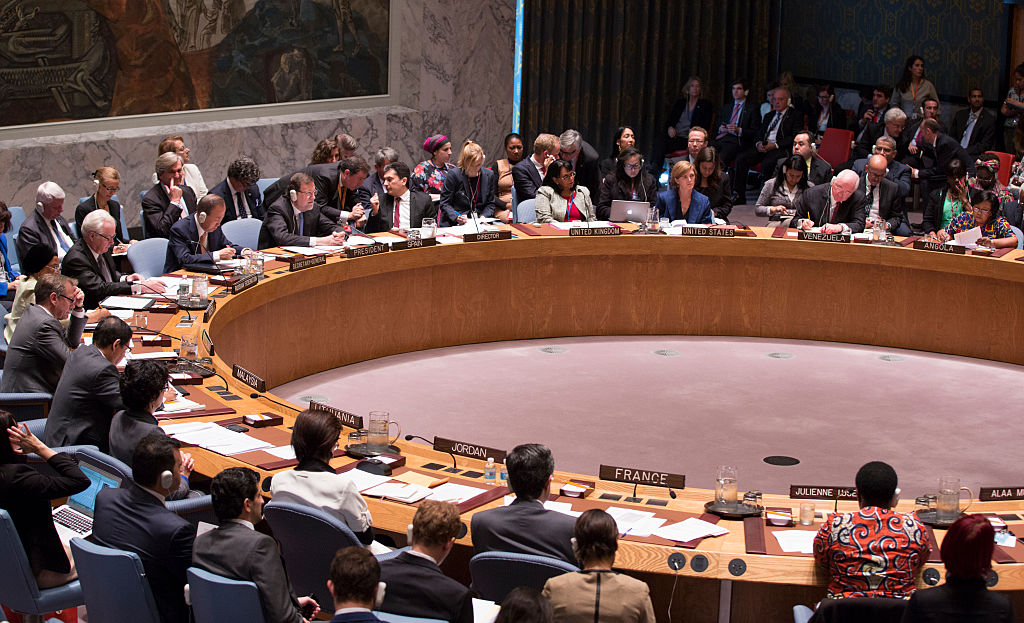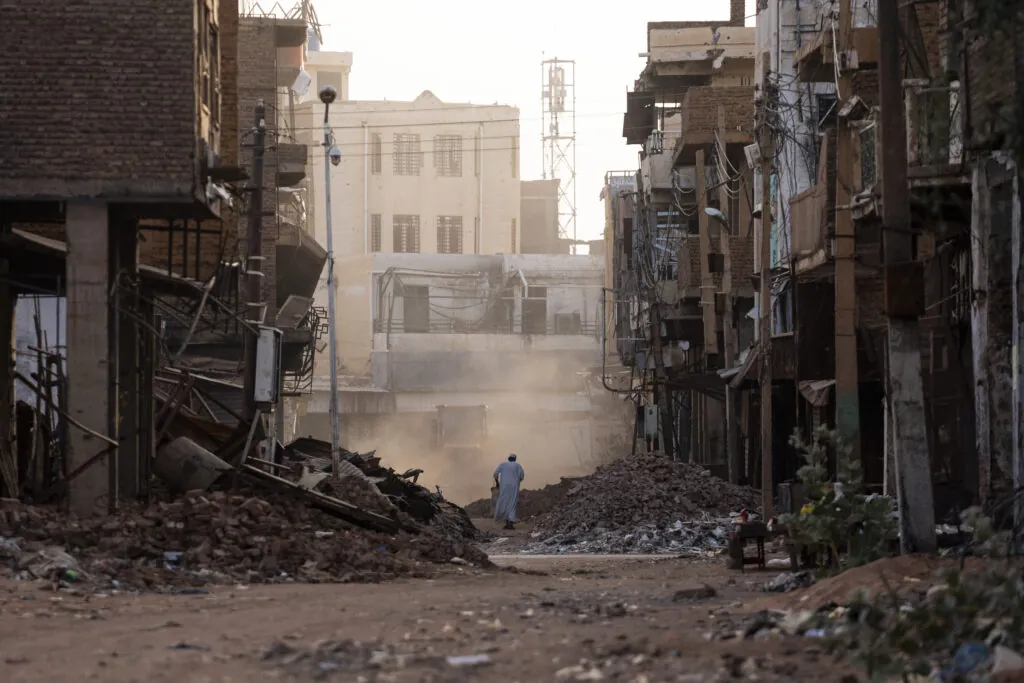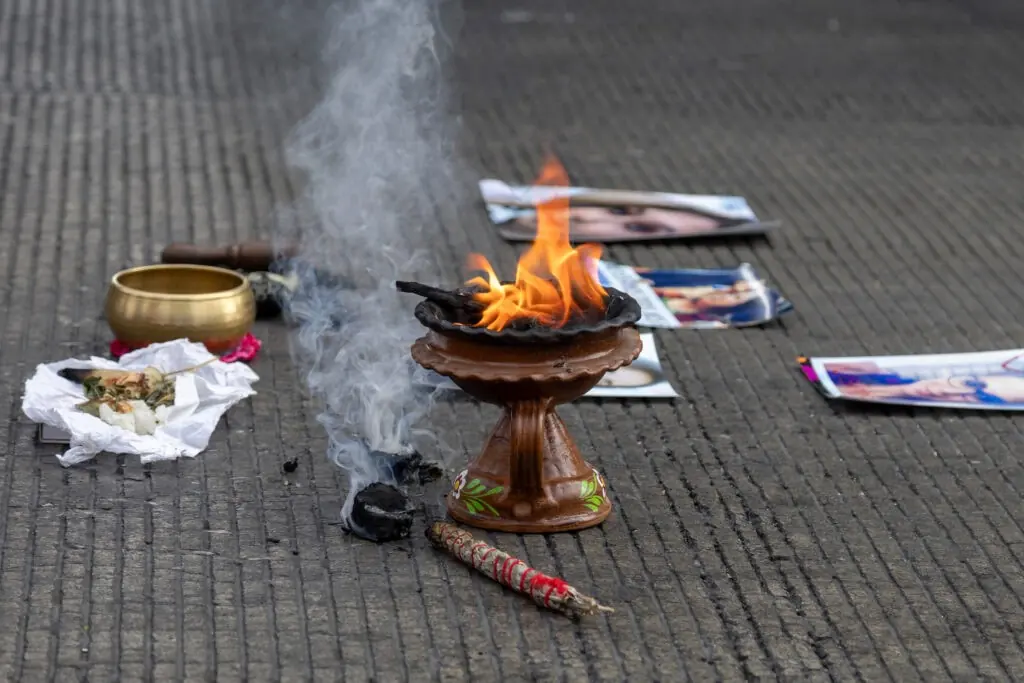
Domestication+: The Fifth U.K. National Action Plan on Women, Peace, and Security
Executive Summary
The Women, Peace, and Security (WPS) agenda is a global normative and policy framework adopted in U.N. Security Council Resolution 1325 in 2000 and encapsulated in nine follow-up resolutions to date. It represents the culmination of many years of organizing, particularly by civil society organizations (CSOs). The intentions of states to implement the WPS agenda are often articulated in National Action Plans (NAPs) that outline states’ strategic priorities and are intended to set out measurable actions to be pursued by a range of actors at both the national and transnational levels to advance women’s empowerment and participation in security processes.
One of the innovations of the new iteration of the United Kingdom’s NAP — which is updated every two years — is its joint ownership between the U.K. Foreign Commonwealth and Development Office and Ministry of Defense.
Importantly, this NAP attempts, in part, to respond to a broader critique about externalization of WPS in the Global North and ensure greater coherence across the domestic institutions responsible for U.K. foreign policy. To meet WPS obligations through this NAP implementation, members of civil society serve as important knowledge brokers to hold implementers accountable. Indeed, they have also been instrumental in keeping the agenda alive and driving the calls for greater domestication in the Global North.
Additionally, transnational challenges are increasingly being addressed within NAPs, and the latest U.K. iteration is no exception. In the context of the United Kingdom, tackling these security challenges, which straddle the domestic and international, is the responsibility of the national and devolved governments. These include challenges such as global health risks and cybercrime, which are sources of insecurity already established by the U.K. government. And although cybersecurity is a reserved matter, the devolved governments also have responsibilities and frameworks to ensure that the U.K. remains secure in cyberspace. This further underscores why WPS application must consider the remit and competencies of the four nations, i.e., domestication.
The new NAP also focuses on internal measures, such as enhancing women’s experiences in the armed forces, and external measures, such as implementing a gender perspective across defense activities. This is an innovation. The NAP’s language, however, remains primarily focused on women, whereas terminology more inclusive of LGBTQ persons would be more appropriate. A more progressive outlook in defense could mean the United Kingdom taking a leadership role within NATO via the NATO Committee on Gender Perspectives.
Finally, there is a tension between the participation and protection of women that persists within the WPS universe. Yet, as has been demonstrated by feminist scholarship, the nexus between the two must be acknowledged to fulfill implementation obligations, and in such a way that when gender perspectives are brought in, they do not serve to infantilize women, especially.
Policy Recommendations
- Commit to legislating WPS to ensure that the implementation of the WPS agenda in the United Kingdom is a legal duty.
- Consult on WPS across the four nations, an essential step for full domestication.
- Fund civil society’s participation and engagement throughout the process to diversify input into policymaking and implementation.
- Commit to a leadership role within the NATO Committee on Gender Perspectives.
- Develop a detailed strategy for dealing with cyber and online insecurity, an essential step toward meeting WPS obligations globally.
- Increase the focus on Gender, Peace, and Security to provide a comprehensive approach to tackling new and emerging security challenges.




